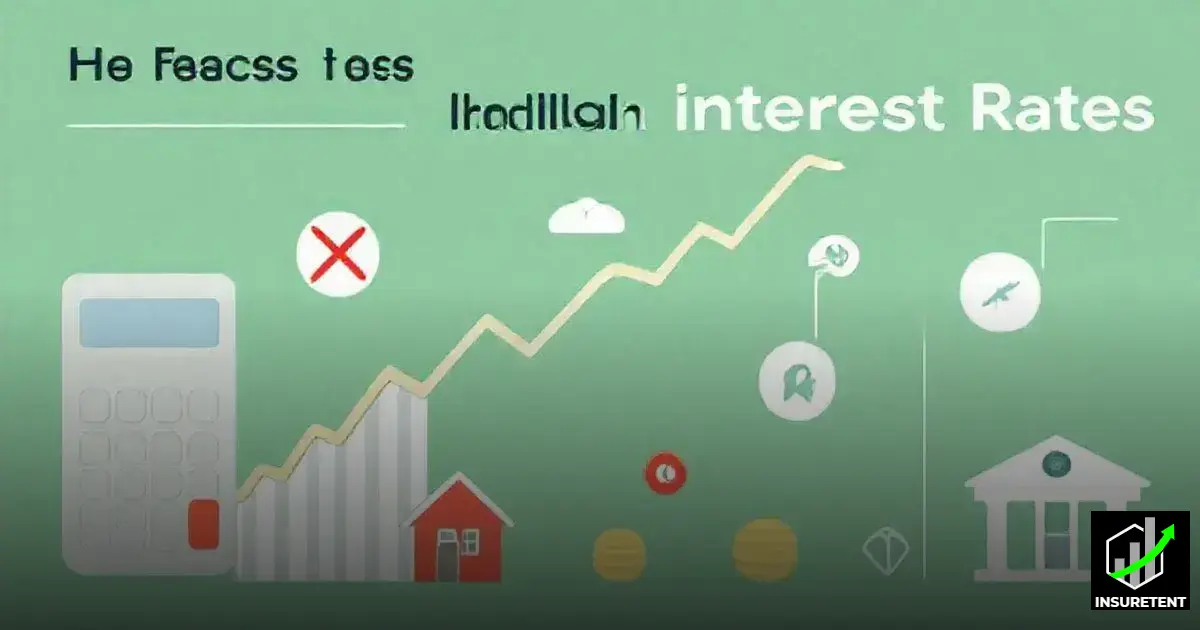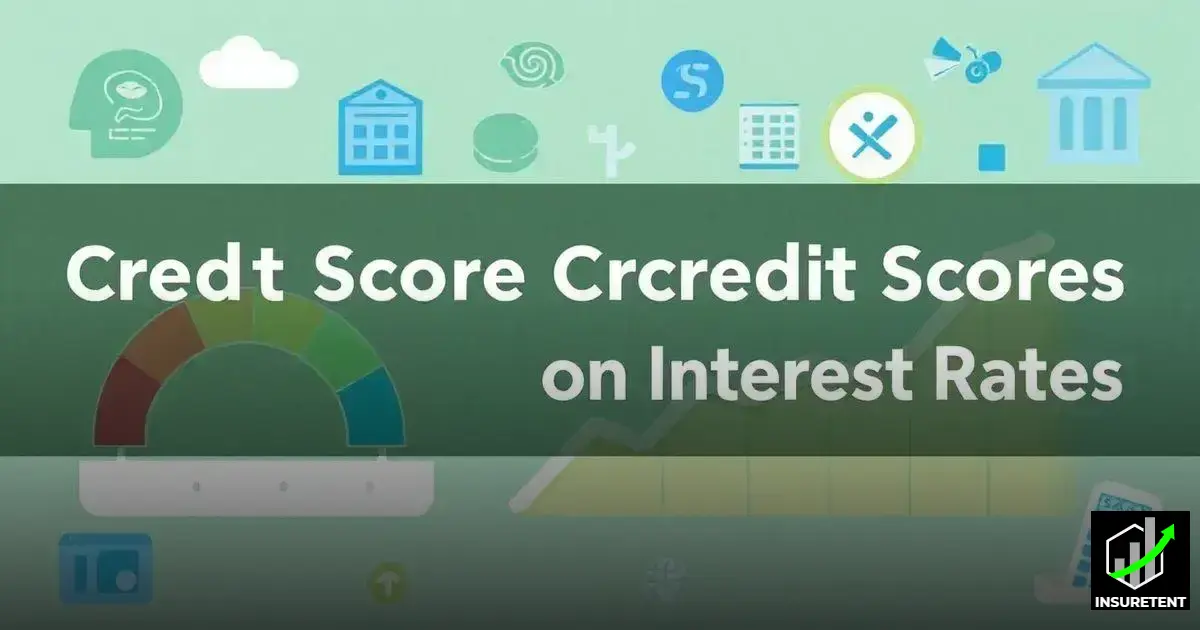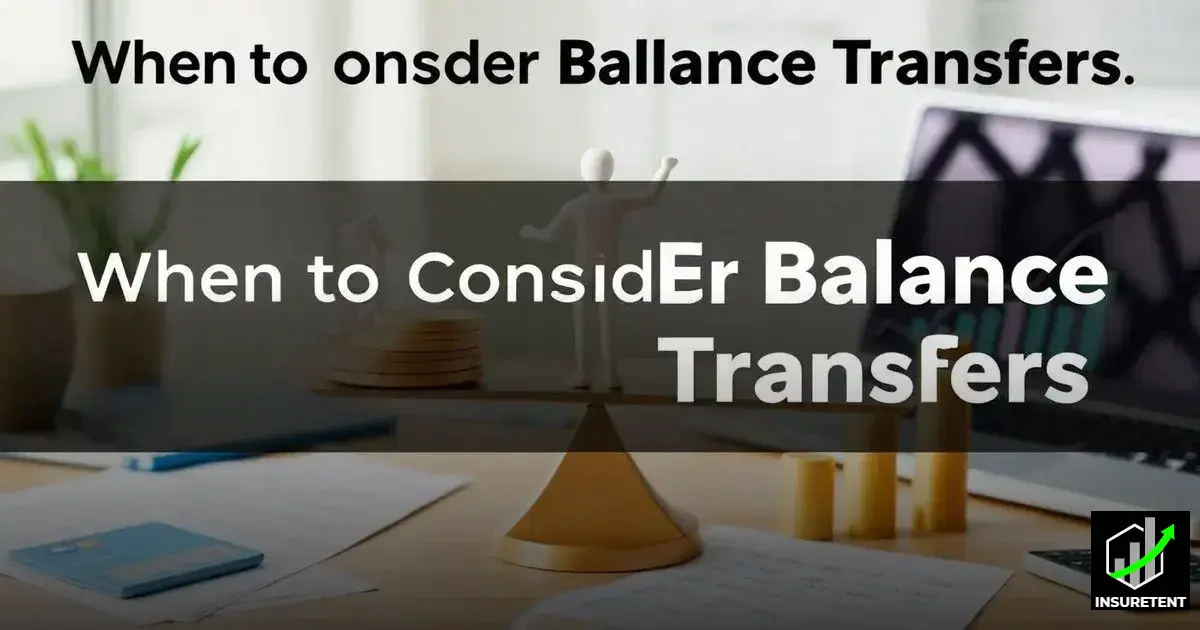Credit card interest rates can be a major concern for many individuals, affecting monthly payments and overall debt. High rates can make it difficult to pay off balances, leading to long-term financial strain. Understanding how they work is essential for better money management.
Several factors influence credit card interest rates, including your credit score, payment history, and the type of card you use. Banks and lenders determine rates based on risk, meaning responsible financial habits can help you secure lower interest rates over time.
If you want to reduce costs and avoid unnecessary debt, learning more about credit card interest rates is key. Keep reading to discover how they work, what affects them, and how you can take control of your financial future.
Understanding Credit Card Interest Rates
Understanding credit card interest rates is essential for managing your finances. These rates determine how much extra you will pay when you carry a balance on your card.
Credit card interest rates can vary widely based on several factors, such as your credit score, the type of card you have, and prevailing market conditions.
When you use your credit card, you might notice that the interest is calculated based on the annual percentage rate (APR). This is the interest rate for a whole year, rather than just a monthly rate. Knowing this can help you understand how interest accumulates over time.
Moreover, credit card issuers often advertise low introductory rates to attract customers. However, it’s important to check what the rate will increase to after the introductory period to avoid surprises.
Always consider reading the terms and conditions of your credit card agreement. This will provide clarity on how the interest is calculated, what fees may apply, and any penalties for late payments. Being informed will empower you to make better financial decisions and manage your debt more effectively.
Factors Influencing Your Interest Rate

Many factors influence your credit card interest rate. One of the most significant is your credit score. A higher score usually results in a lower interest rate, which can save you money over time.
The type of card you choose also matters. Some cards offer rewards and perks, but they might have higher interest rates. It is essential to compare options and find a balance between benefits and costs.
Additionally, the current market interest rates can affect your credit card rates. When the economy changes, so do these rates. Keeping an eye on the economic climate can give you insights into potential changes in your rates.
Finally, your payment history is crucial. Late payments or high balances can lead to an increase in your interest rate. Maintaining a good payment history is essential for keeping your rates low.
How to Lower Your Credit Card Interest Rates
There are several effective ways to lower your credit card interest rates. One of the first steps is to negotiate with your card issuer. Many people are unaware that they can call their bank and request a lower rate. If you have a good payment history, they may agree to lower your rate to retain you as a customer.
Another method is to explore balance transfers. Some credit cards offer low or 0% introductory rates for balance transfers. This means you could save money by moving your balance from a high-interest card to one with a lower rate. However, be mindful of any transfer fees that may apply.
Additionally, improving your credit score can lead to better rates. Paying off debts, making payments on time, and keeping your credit utilisation low are all essential practices. A higher score reflects your reliability as a borrower and can qualify you for cards with lower rates.
Consider also reviewing your current financial situation to find ways to cut costs. Creating a budget and managing your spending can free up funds to pay down your debt faster, which, in turn, reduces the interest you pay over time.
The Impact of Credit Scores on Interest Rates

Your credit score plays a vital role in determining credit card interest rates. A high score usually results in lower rates, making it essential to maintain good credit. Understanding the factors that impact your score can help you secure better terms on your credit cards.
Key Factors Affecting Credit Card Interest Rates
Payment History
This is the most important factor influencing your credit score and, consequently, your credit card interest rates. Making payments on time boosts your score, while late payments can lead to higher rates and financial penalties.
Credit Utilisation
Credit utilisation refers to the percentage of your available credit that you’re using. Keeping this ratio below 30% is ideal, as high utilisation can make lenders see you as a risk, leading to increased credit card interest rates.
Length of Credit History
A longer credit history demonstrates responsible financial habits. The more years of consistent, on-time payments you have, the better your chances of securing lower credit card interest rates.
By managing these factors wisely, you can improve your financial profile and reduce your credit card interest rates. Taking control of your credit habits today can lead to long-term savings and better financial opportunities.
Comparing Credit Card Offers
When comparing credit card offers, it’s essential to consider several key factors.
First, look at the annual percentage rate (APR). This rate determines how much interest you will pay if you do not pay off your balance in full each month. Some cards offer low introductory rates that can change significantly after a few months.
Next, examine the fees associated with each card. This may include annual fees, late payment fees, and foreign transaction fees. It’s important to calculate these fees to understand the total cost of using the card.
Also, consider the rewards program. Some cards provide cash back, travel rewards, or points for purchases. Make sure to choose a card that aligns with your spending habits to maximize benefits.
Finally, read customer reviews and satisfaction ratings. This feedback can give you insight into the issuer’s customer service and help you make a more informed decision about which credit card offer is best for you.
When to Consider Balance Transfers

Considering balance transfers can be a smart move if your current credit card has high interest rates. A balance transfer allows you to move your existing debt from one card to another, usually with a lower interest rate. Many cards offer promotional rates, sometimes even 0% for a limited period, making it easier to pay down your debt faster.
Before you proceed, check if there are any fees associated with the transfer, as these can affect your overall savings. Typically, balance transfer fees are a percentage of the amount you transfer. It’s also important to understand how the new credit card interest rates will apply after the promotional period ends.
Ensure you read the terms thoroughly to avoid surprises later. Plan to pay off the transferred balance before the promotional rate expires, as remaining balances may incur higher rates.
Take Control of Your Credit Card Interest Rates
Understanding and managing credit card interest rates is crucial for maintaining financial health. By knowing how these rates work and what influences them, you can make informed decisions.
Consider the factors affecting your rates, such as your credit score and payment history. It’s also wise to compare credit card offers and use balance transfers strategically.
With the right knowledge and strategies, you can minimize costs and improve your financial situation. Don’t underestimate the power of being proactive in managing your credit.
